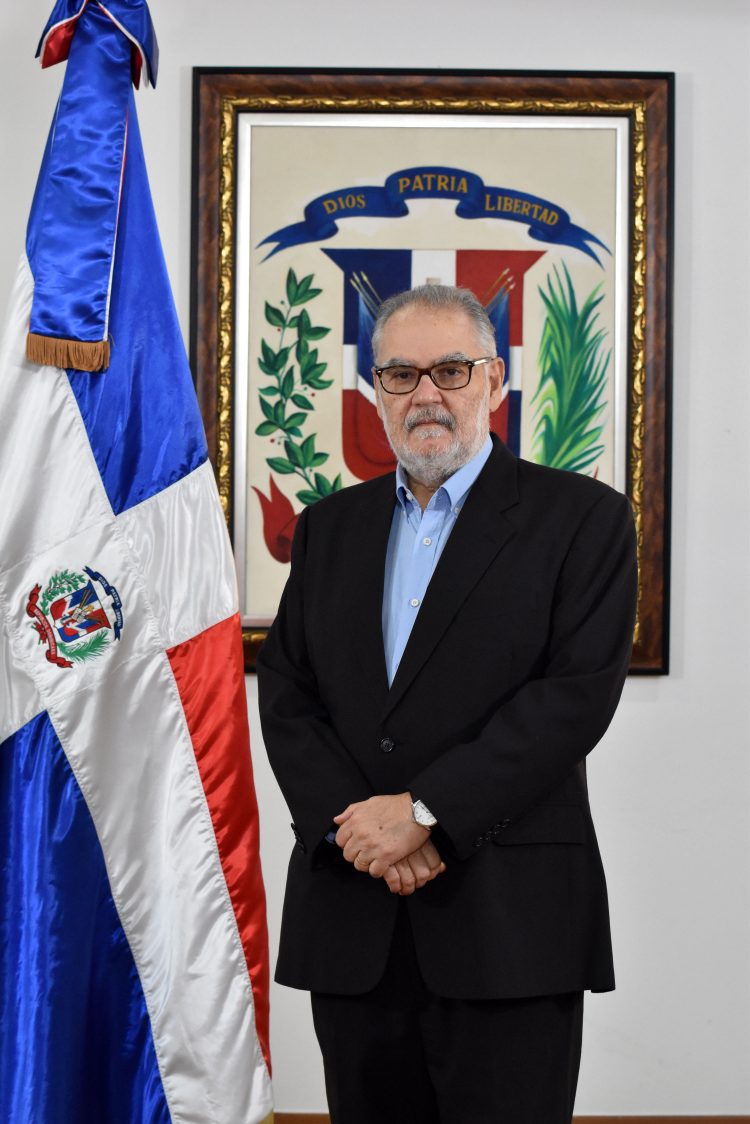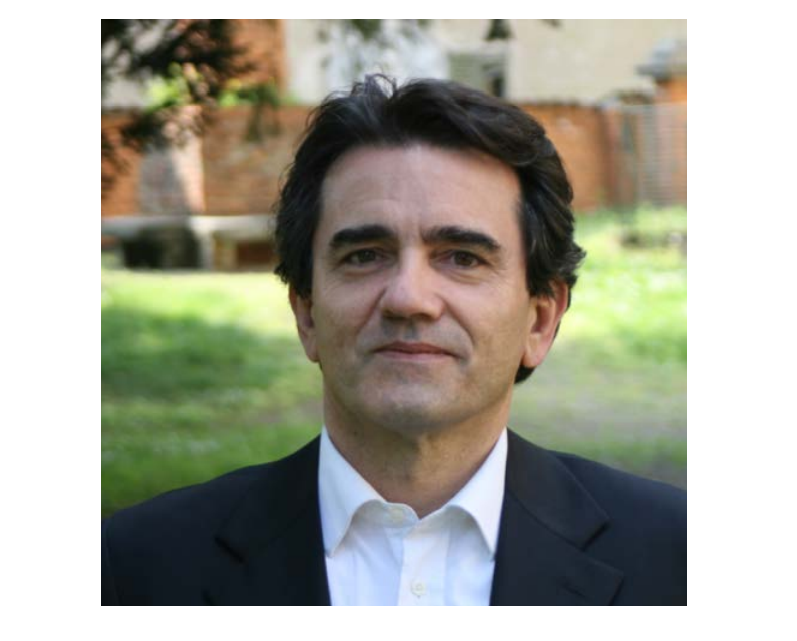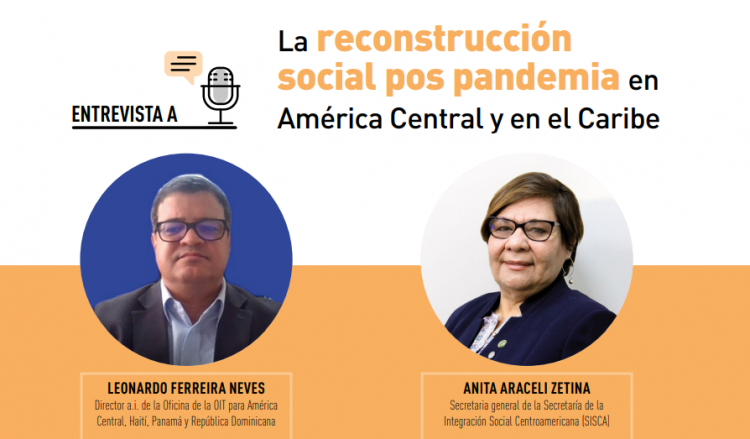Por Olaya Dotel Caraballo, Deputy Minister for International Cooperation and Organiser of European Funds, and Katja Afheldt, Ambassador Extraordinary and Plenipotentiary of the European Union to the Dominican Republic.

Foto: Honey Yanibel Minaya Cruz
The Dominican Republic has been classified as an upper-middle income country. The country’s economy has been growing steadily in recent years above the average for Latin American countries. However, this growth has not had the same impact with regards the improvement in people’s quality of life, in addition to the persistence of significant levels of inequality, the latter is one of the country’s main challenges[1].
European cooperation with Latin American and Caribbean countries recognises the development challenges and inequalities of countries in transition. Through EUROsociAL+ and other cooperation projects focused on the social dimension, the European Union emphasises its continuing desire to build an ethical, transparent global agenda based on equity, inclusion and sustainability.
In the Dominican Republic, we feel that international cooperation and the exchange of experiences are important to continue advancing towards a more equitable society. In terms of national experience, European cooperation has played a significant role in promoting the main reforms and public policies for the country’s development.
Through the Public Sector’s National Multi-annual Plan 2021-2024, the current government has increasingly made its citizens’ well-being the central focus of its public policies, through the improvement of public services, such as health, education, citizen security and access to justice, as well as creating the conditions to generate quality jobs and promote a more transparent, effective and efficient state. All of this is also in line with the National Development Strategy (END) and the 2030 Agenda for Sustainable Development. To this end, “seven cross-cutting themes were defined, that is, priority issues that have to be considered in policy design and implementation and as a criterion for evaluating them. These themes are gender, territory, participation, sustainability, transparency and accountability, affirmative actions for vulnerable groups and digital transformation (Ministry of Economy, Planning and Development)[2]“.
Enormous efforts are also being made to reduce the existing gaps between the different social strata, where gender equality and the territorialisation of all the social plans and programmes executed are highlighted as cross-cutting themes of action, with the understanding that it is in the territory where people live – one of the main spaces where inequalities are expressed, taking into consideration the different levels of development and prioritising those who are most vulnerable.
The European Union has developed a learning process over recent decades that has resulted in the social investment approach, formally assumed in 2013[3]. This approach is based on the doctrine that investing in the social aspect is the way to help “prepare” people to face life’s risks, rather than simply “repairing” the consequences of crises. This means that social spending cannot be directed solely at alleviating and protecting people from situations of need, but must seek to strengthen the current and future capacities of the population and ensuring an adequate standard of living for the population.
Determining the need to adopt regulations that produce results that lead us towards a just and equitable society should be a mandatory exercise for identifying opportunities for improvement in our social systems; even more so, when we are oriented towards the necessary economic recovery after the crisis produced by the COVID-19 pandemic, which consequently increased inequalities between men and women.
The progress of the Dominican Republic in this area is evidenced in the implementation of different social protection programmes, such as Programa Supérate (the Better Yourself Programme), the main aim of which is to improve the quality of life of participating households through, among other things, the implementation of training actions, to build capacities for the employability and productive entrepreneurship of families, as well as to ensure boys and girls stay in the school system and that pregnant women get medical care.
Another important milestone in public policies aimed at strengthening the country’s social cohesion is the recent inclusion of two million people in the National Health Insurance scheme. With these new contributors, the state Health Risk Insurer now has more than seven million users, which means that 60% of the population has quality health insurance.
The Dominican Republic also has the opportunity to deepen its inter-institutional coordination process for the consolidation of social cohesion by taking advantage of the experience and interventionist logic of EUROsociAL+, “which over more than ten years has offered a space for peer learning and the exchange of experiences between counterpart institutions in both regions, favouring the use of a broad range of significant tools in each process.”[4]
EUROsociAL+ addresses multiple inequalities by strengthening and creating inter-sectoral public policies, grouped into its three main areas: gender equality, democratic governance and social policies. The programme areas are based on the fundamental desire to improve the redistribution of wealth by supporting policies that generate inclusive and sustainable employment and equitable access to public services for all.
Among other actions in the country, prominent in this programme’s great contributions in the Dominican Republic is the realisation, together with the Ministry of Women, of a guide to create a single registry on violence against women in support of victims of a crime that is sadly common in the country. As the Dominican Republic is the country with the highest rate of child marriage in Latin America[5], EUROsociAL+ is also supporting the implementation and monitoring of the public policy on the prevention of early unions and adolescent pregnancy to end this practice.
It is important to note that EUROsociAL+ has supported the review and update of the National Employment Policy, with high-level discussion forums held with government officials, unions, and representatives of civil society and the private sector. Dialogue bridges are thus created to combat the informality of the labour force in the country and produce more sustainable and inclusive job opportunities. EUROsociAL+ also supported the design and implementation of a public spending review methodology to improve the country’s budget programmes to ensure that they are more inclusive. This strengthens the institutional structure and participates in developing the democratic governance of the country.
In the coming months, EUROsociAL+ will be in its full implementation phase, with actions that will continue to strengthen social cohesion from various perspectives. Among notable dialogue actions, communication will be used to promote redistributive public policies that confront poverty and inequality while at a regional level, the programme will collaborate with the application of budgets with a gender perspective.
EUROsociAL+ links perfectly with two of the cooperation priorities for the years 2021-2027 defined between the European Union in the Dominican Republic: a modern state that is close to its people with increasing economic opportunities, especially for women and young people.
For the Dominican Republic and other countries in the region, the exchange of experiences and good practices with other European and Latin American countries will continue to be a powerful tool in strengthening public policies.
EUROsociAL+ works with 18 countries in the Latin American region. The Dominican Republic was the first Caribbean country to participate in EUROsociAL+, being active in various regional dialogue spaces such as the Community of Latin American and Caribbean States (CELAC), the Organization of American States (OAS) and customary, the Central American Integration System, among others. The Dominican Republic’s entry into EUROsociAL+ particularly strengthens the platform for the exchange of experiences between European and Central American countries in shared public policy agendas. The country’s participation in the programme is a successful example that will encourage other Caribbean countries to participate in future European regional cooperation projects on Social Cohesion. Regional cooperation will received a strong boost from the new financial instrument for cooperation, the Neighbourhood, Development and International Cooperation Instrument (NDICI) “Global Europe”. The NDICI eliminates all eligibility criteria by geographical area, favouring exchanges and alliances between all Latin American and Caribbean countries
Looking towards future opportunities for regional programmes such as EUROsociAL+, we are sure that the experience with the Dominican Republic is evolving into a highly significant laboratory, since here the experience of a Caribbean country with a long history of cooperation crosses over with a programme aimed at the entire Latin American continent. It is an unprecedented event for European cooperation that can generate new leads, new models for rethinking cooperation within the framework of the new paradigm of “development in transition”. This experience will not only enable the country to become a leading force in the Caribbean, but it also connects the country with an exchange model of dynamic and horizontal cooperation with European and Latin American partners.
Through EUROsociAL+, we want to point out how together we can promote examples for a global agenda based on equality, inclusion and sustainable development. This is the essence that goes beyond the project and which forms the basis of our determination to continue working more and better.
[1]The Dominican Republic has a Gini coefficient of 43.7, making the country the 36th most unequal in the world (World Population Review, World Bank, 2018) and second in the Caribbean.
[2] National Multi-Annual Public Sector Plan 2021-2024.
[3] COMMISSION COMMUNICATION “Towards social investment for growth and cohesion, including the implementation of the European Social Fund 2014-2020”
[4](GIGAPP, 2018) https://congreso2018.gigapp.org/sponsors/sponsor/detail/25/programa-eurosocial-ii
[5] 36% of women between 20 and 24 years old in the Dominican Republic were married or in a customary union before the age of 18 (2020, Gender Equality Observatory of Latin America and the Caribbean, ECLAC)



